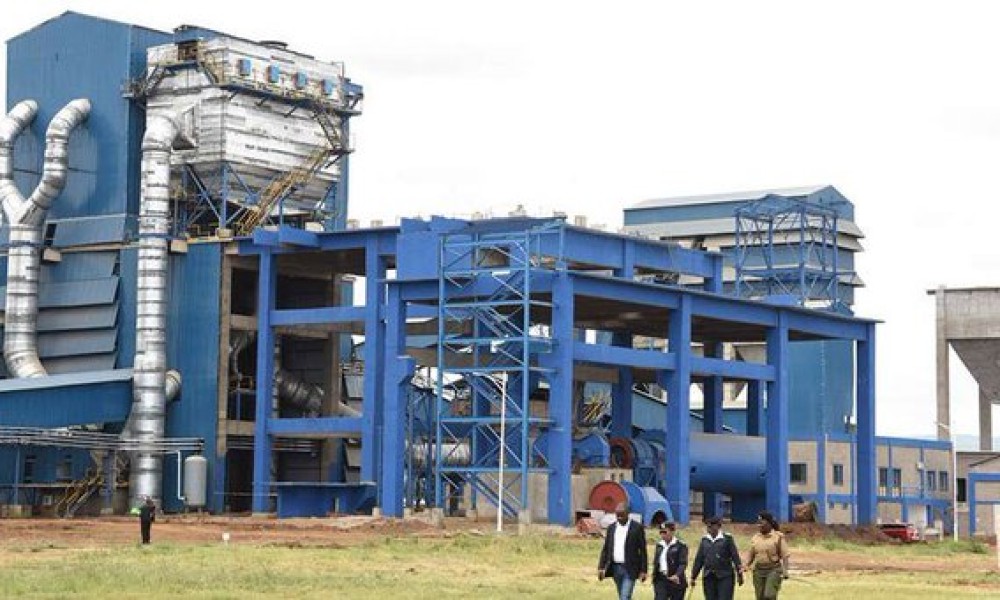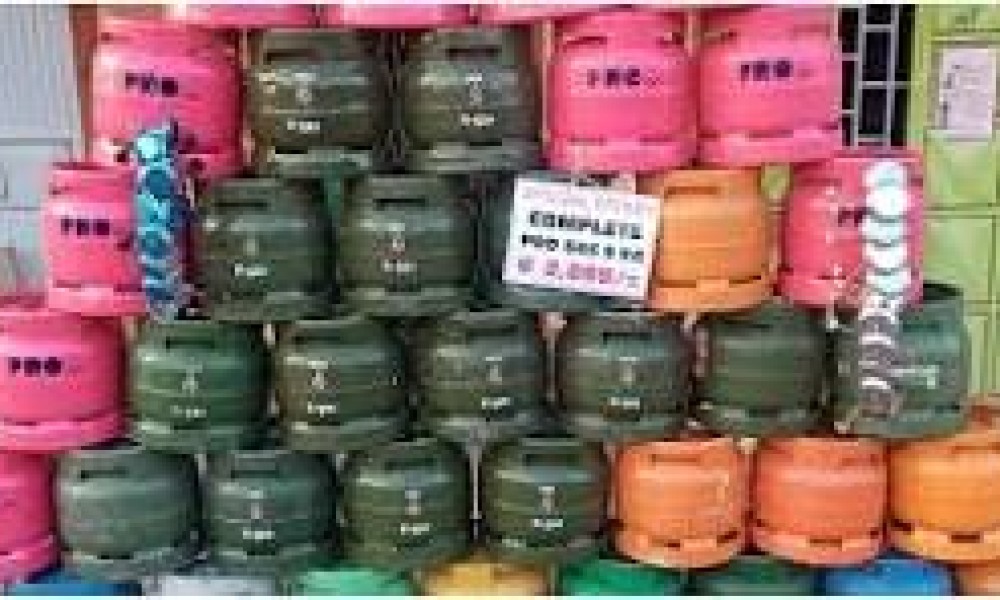Local producers of clinker will be handed a boost with the proposal to introduce a new tax as the State moves in to make imports of the commodity costlier.
In reports by the Business Daily,the State has, through the Finance Bill 2023, proposed the export and investment promotion levy rate on imported clinker at the rate of 10 percent of the customs value.
The levy, if the Parliament passes it, will be in addition to a 10 percent duty on clinker imports, making them expensive and less attractive compared to those produced locally.
Clinker is a major material in the manufacturing of cement.
Cement makers that do not have clinker plants import the product, prompting calls to raise the import duty from 10 percent to 25 percent to make it costlier than locally-sourced clinker.
“This (tax) will reduce imports and save the country foreign exchange spent on buying clinker from external markets,” Narendra Raval, chairman of the Devki Group that owns Simba Cement and National Cement, told the Business Daily.
Imports of clinker had already dropped 38.4 percent to 656,499 tonnes last year. The value of the imports meanwhile fell 24 percent to Sh5 billion in the same period.
“The tax levels the playing field because high electricity costs make locally produced clinker more expensive by between five to 10 percent,” Mr Raval added.
The export and investment promotion levy is a new tax that the William Ruto administration is seeking to impose on imported goods that can be made in Kenya to boost the local manufacturing industry.
Last year, National Cement and Mombasa Cement urged the government to increase duty on imported clinker from 10 percent to 25 percent.
Mr Raval had in 2021 lobbied for higher taxes on imported clinker but says he is not part of the team that pushed for imposition of export and investment promotion levy on the commodity.
The majority of Kenyan cement manufacturers import clinker mainly from Egypt due to the lack of grinders to make the product.
Cement companies with grinders hold that they can meet Kenya’s clinker demand and have on several occasions called for higher taxes on the commodity in a bid to promote local production.
Several cement manufacturers have disclosed plans to set up clinker plants in the coming years. Simba Cement is nearing completion of building its clinker plant in West Pokot County. The facility is set to be completed by August.
Five players, including Savannah Clinker and Simba Cement, are expected to put up individual clinker investments worth $1 billion (Sh136 billion).





